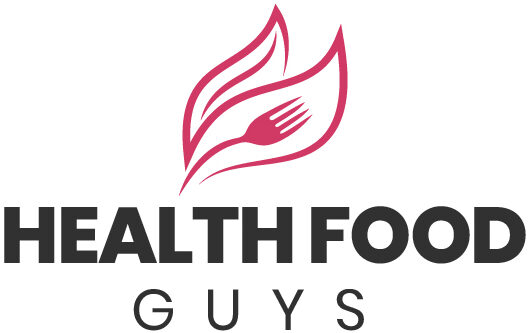Healthy Eating by diet
Are you confused by all the contradicting nutrition advice? These tips will help you plan, enjoy and adhere to a healthy lifestyle.
What is a healthy diet?
Healthy eating does not mean being restricted, losing weight, or denying yourself the foods you love. It’s all about feeling good, having more energy and improving your health.
Healthy eating does not have to be complicated. You are not the only one feeling overwhelmed by all of the contradicting nutrition and diet advice. You’d be surprised at how many experts tell you that a particular food is good for your health. While certain nutrients or foods have been shown to improve mood, your overall diet is most important. A healthy diet must include real food and replace processed foods with natural food as much as possible. It can make a big difference in how you feel, think, and look.
These simple tips will help you cut through the confusion to learn how to make a nutritious, tasty and varied diet that is good for your brain as it is for your body.
Healthy eating basics
Even though some extreme diets might suggest otherwise, we all need to eat a balanced diet that includes protein, fats, carbohydrates, fiber and vitamins to maintain a healthy body. It doesn’t mean you have to eliminate all food groups, but instead, choose the best options from each.
Protein: provides energy and support for mood and cognitive function. People with kidney disease can have too much protein. However, the latest research shows that we all need more high-quality protein as we age. This doesn’t mean that you should eat more animal products. Having a variety of plant-based protein sources each day can help ensure your body has all it needs.
Fat: All fats are not created equal. Bad fats can ruin your diet and increase your chance of developing certain diseases. However, good fats are good for your brain and heart. Healthy fats, such as omega-3s, are vital for your emotional and physical health. Healthy fats can improve your mood and well-being and reduce your waistline.
Fiber: Consuming foods rich in fiber (grains and fruits, vegetables, beans, and nuts) can help you maintain a regular diet and reduce your risk of developing heart disease, stroke, or diabetes. You can even lose weight and have better skin.
Calcium: In addition to osteoporosis, a lack of calcium can cause anxiety, depression and sleep problems. No matter your age, gender or race, calcium-rich foods are essential to your diet. Limit the intake of calcium-depleting foods and ensure that you get enough magnesium, D, and K to support calcium’s work.
Carbohydrates: should be one of your main sources of energy. Complex, unrefined carbohydrates (vegetables, whole grains, fruits) should be the main energy source. Sugars and refined carbs are not recommended. Reducing your intake of white bread, pastries and starches can help prevent spikes in blood sugar and fluctuations in energy and mood.
Switching to a healthier diet
It doesn’t need to be a one-size-fits-all approach to changing to a healthier diet. You don’t need to be perfect. You don’t necessarily have to eliminate all foods that you love. And you don’t always have to make drastic changes at once. This can lead to cheating and abandoning your new eating habits.
It is better only to make small changes at a given time. You can achieve more long-term without feeling overwhelmed or deprived by major changes to your diet. You can think of planning a healthy lifestyle as small, manageable steps. For example, adding a salad to your daily diet. You can add more healthy options to your diet as you make small changes.
Set yourself up for success
Keep things simple to ensure your success. You don’t need to make it complicated to eat a healthier diet. Instead of worrying about calories, consider your diet in terms of color, variety, and freshness, and avoid over-focusing on counting calories. Avoid processed and packaged foods, and choose fresher ingredients whenever you can.
Make more of your recipes
You can cook more meals at home and take control of your diet. You will eat less calories, and avoid unhealthy fats and chemical additives in takeout and packaged foods. This can make you feel tired, bloated and irritable and worsen your symptoms of anxiety, stress, depression, and other mood disorders.
Make the right adjustments
It’s important that you replace unhealthy foods with healthier alternatives when cutting down on unhealthy food. Your health will improve if you replace harmful trans fats with healthy fats, such as substituting fried chicken for grilled salmon. However, switching from animal fats to refined carbohydrates (e.g. swapping your breakfast bacon for donuts) won’t reduce your heart disease risk or improve your mood.
Check the labels
You need to know what is in your food. Many manufacturers hide unhealthy fats and sugars in processed food.
Pay attention to how you feel after eating
This will encourage healthy habits and new tastes. You will feel better after eating healthy food. You will feel more tired, uncomfortable, or nauseous if you eat a lot of junk food.
Get plenty of water
Although water helps to flush out toxins and waste products from our bodies, many people are dehydrated, which can lead to fatigue, low energy and headaches. It is common for people to mistake hunger for thirst, so it is important to stay hydrated in order to make better food choices.





